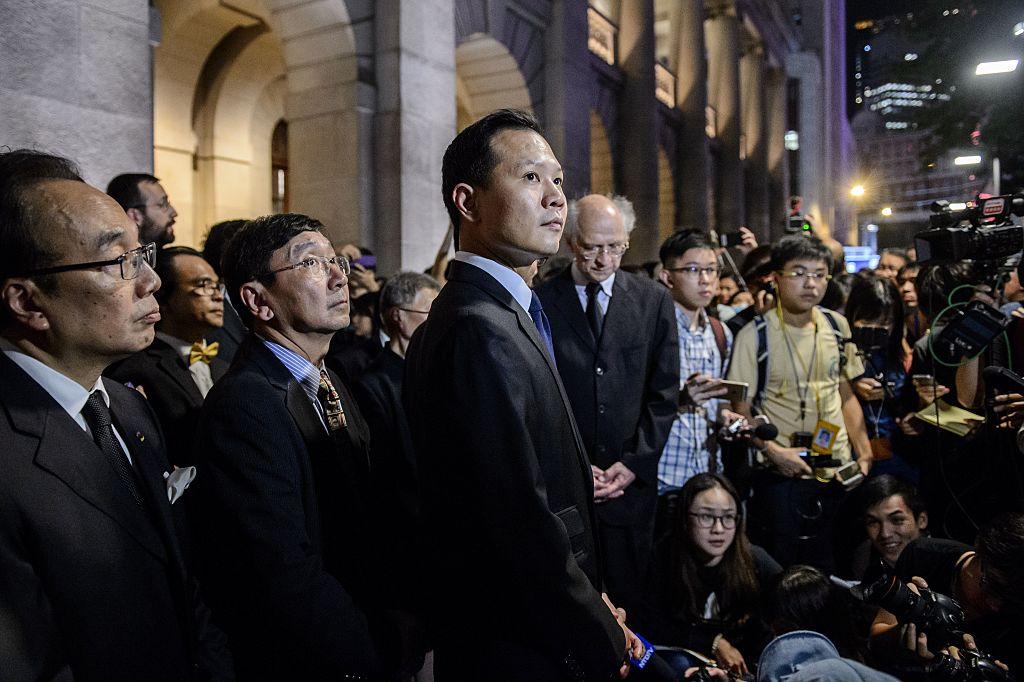Hong Kong police have issued arrest warrants for eight pro-democracy activists living abroad, claiming they have violated the territory’s national security law. Dennis Kwok, a former politician in Hong Kong who was born in Canada, is among them.
Hong Kong’s National Security Department (NSD) issued the arrest warrants on July 3, along with a HK$1 million dollar reward (C$170,000) for information on the eight activists.





